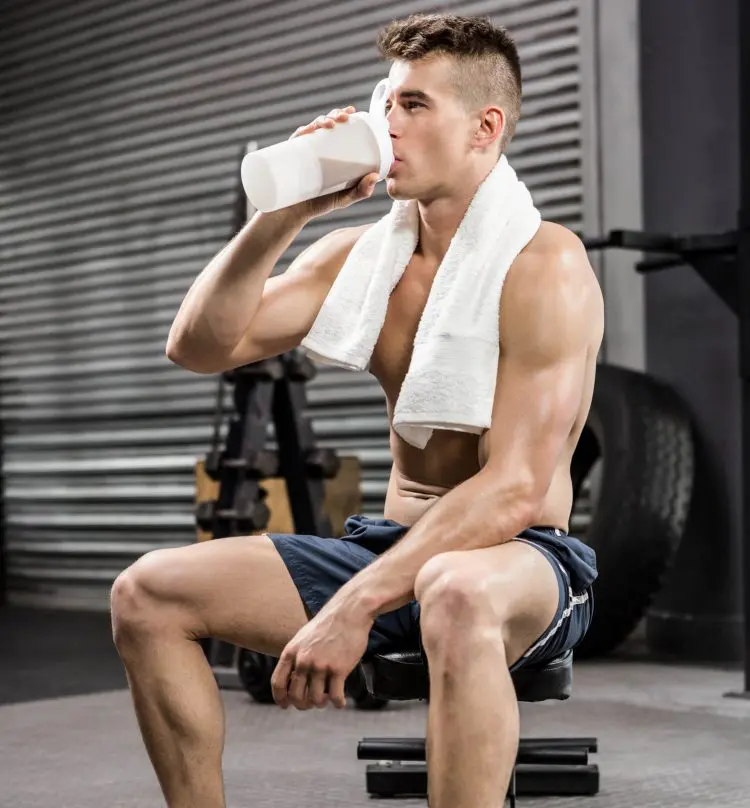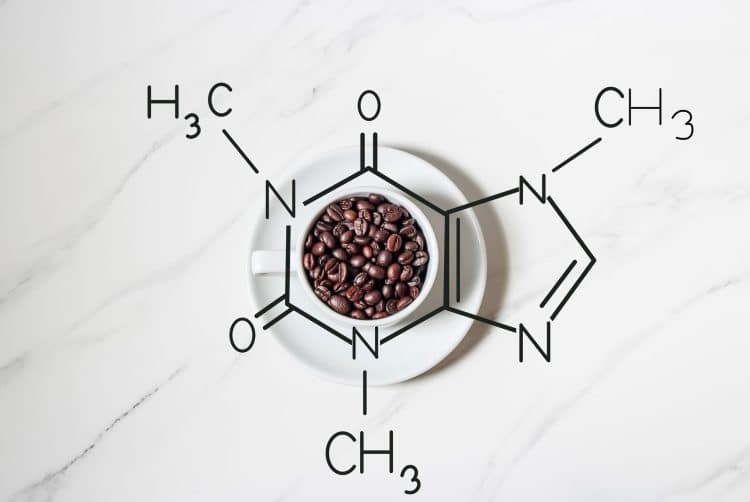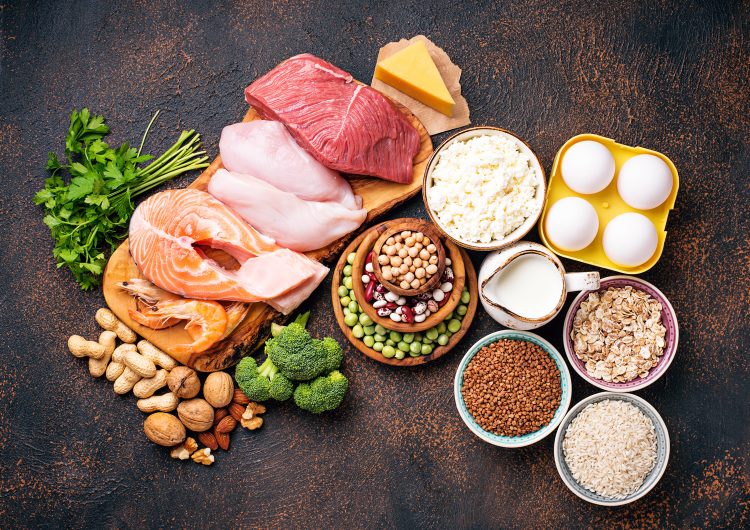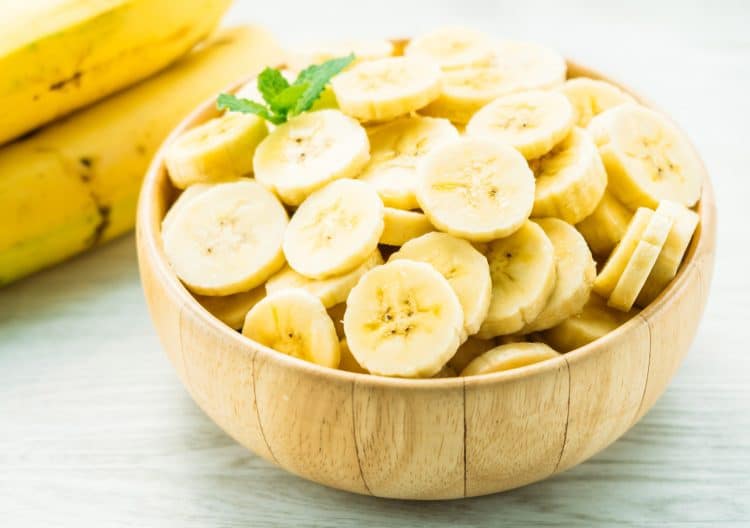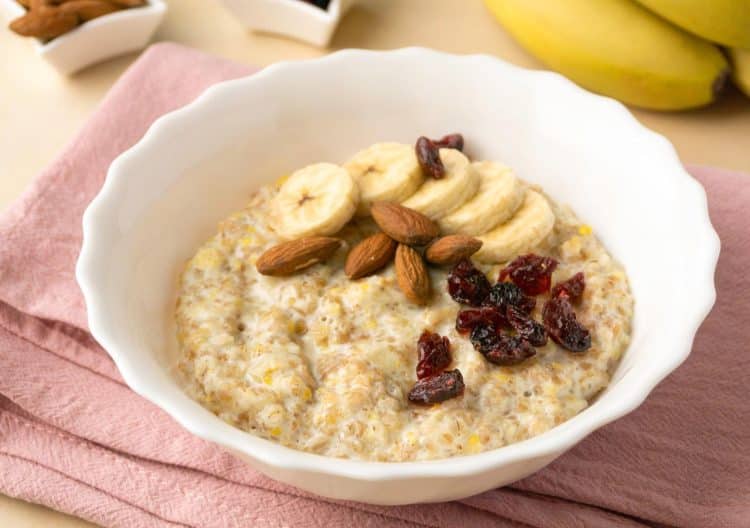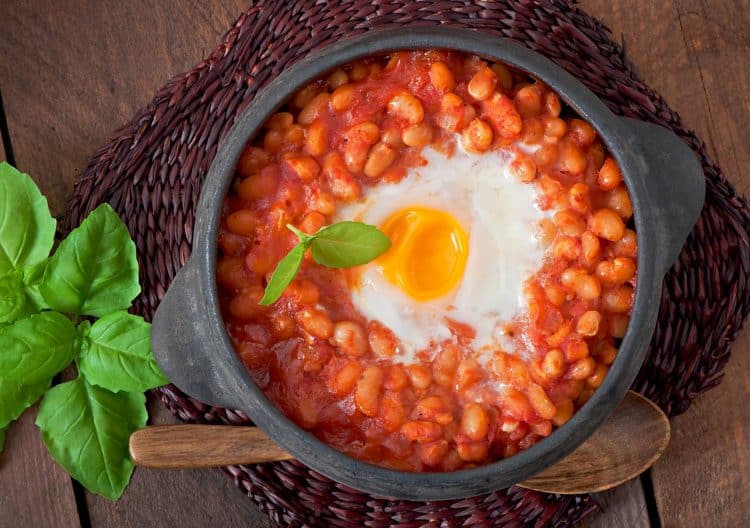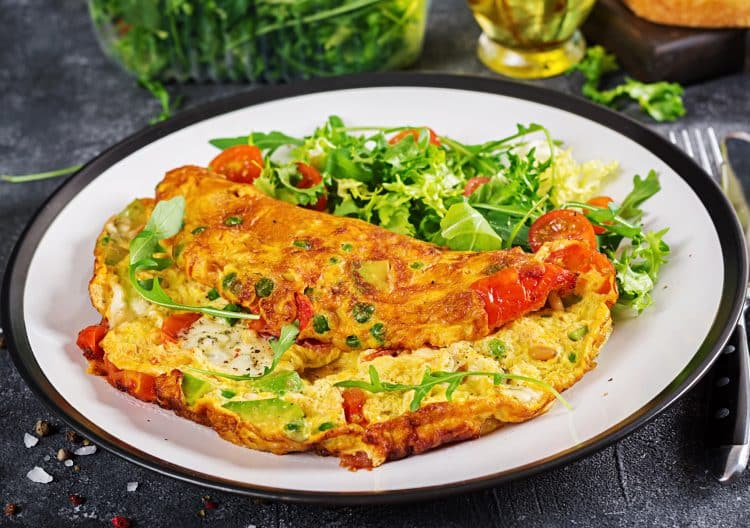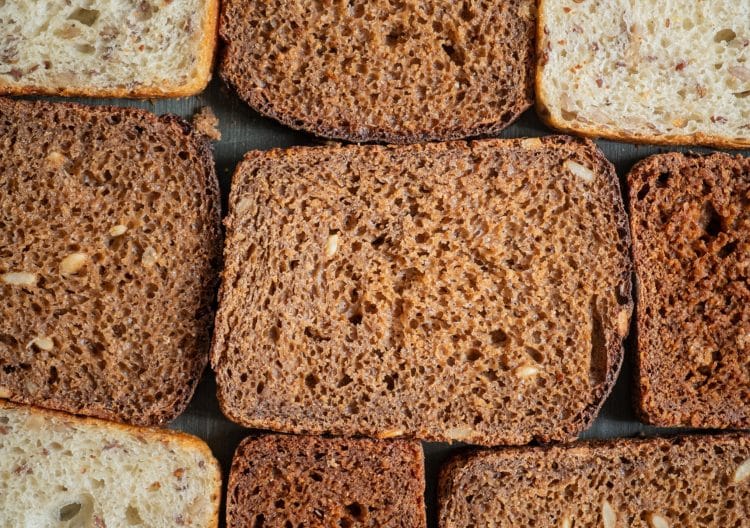Your fitness results depend on how hard you push yourself in the gym. The more muscle fibers you engage, the better your muscle and strength gains will be.
Plus, when you are on a deadline, every workout session matters. Let’s say you’re 20 weeks out of a bodybuilding show or a major life event for which you want to look your best. In each case, you only have 20 workout sessions per body part (assuming you train every muscle group once a week).
However, most of us have a lot more than fitness and bodybuilding going on in our lives. We have office work, college and school assignments, and family and friend engagements. These combined with stress and fatigue can hamper our performance in the gym.
The savvy folks at sports nutrition companies understood this problem and figured out a way to get you in the zone right before a workout, no matter how tired, exhausted, or busy you are. They called it a pre-workout supplement.
A pre-workout supplement is usually a concoction of ingredients like caffeine, creatine, beta-alanine, amino acids, and nitric oxide agents. Each ingredient has its use and does its job pretty well, given they are dosed effectively.
Problems with Commercial Pre-Workout Supplements
Certain issues drive most people away from packaged energy supps. For example, pre-workout supplements can be expensive, and if you’re using other supplements like whey protein powder, BCAA, and glutamine, these costs can quickly add up and burn a hole in your pocket.
And then there is the problem of effectiveness. While a pre-workout supplement might ring your bells the first time you use it, its effect will invariably diminish if you use it every day. Plus, you cannot change its ingredient composition to make it more effective.
Additionally, most pre-workout supplements hide their ingredients list behind a proprietary blend label. This practice often alienates users as they’re never sure how each ingredient is dosed, if they are getting what is mentioned on the tub, and if it is safe.
What is a Natural Pre-Workout?
A natural pre-workout consists of nutrient-dense whole foods. Unlike a pre-workout supplement, it does not include ingredients like beta-alanine, creatine, or nitric oxide precursors in a powder form. However, caffeine is the only exception to this. Gulping down a cup of coffee right before a workout can give you the kick in the rear you need to get through an intense training session.
Check Out: Best All-Natural Pre-Workouts Reviewed
Ingredients to Include in Your Natural Alternative to Pre-Workout
With all said and done, the effectiveness of your natural pre-workout alternative will come down to the ingredients. Here are the ingredients that should be a part of your pre-training meal:
1. Caffeine
Caffeine is one of the most popular commercial pre-workout supplement ingredients. While some supps use the standard caffeine, others use caffeine anhydrous, di-caffeine malate, and caffeine and citric acid blend. Although it might be included in a supp in different shapes and forms, its functions remain the same— increase focus, boost energy levels, and improve endurance. [1]
You could include caffeine in your pre-workout through a beverage or in the more convenient pill form. Take 250-300 grams of caffeine 30-45 minutes before a workout.
2. Carbohydrates
If you’re on a bulking or high-intensity training program, you’d leave gains on the table by not including carbs in your meals. You should have a form of simple carbs such as fruits, milk, and milk products to give you an instant energy boost and slow-releasing complex carbs like peas, beans, whole grains, and vegetables for a constant energy supply throughout your workout.
Your pre-workout carb intake will depend on your goal physique and daily carb intake goal.
3. Protein
Where would we be if it wasn’t for protein? Protein is the building block of muscles. Eating adequate amounts of protein helps you maintain muscle mass and promotes muscle growth. [2]
Furthermore, protein has a much higher thermic effect than fat or carbs — 20–35 percent compared to 5–15 percent [3]. A high protein diet can significantly boost metabolism and increase the calories you burn during a training session.
But why consume protein at the beginning of a workout?
Your body breaks down protein into amino acids, which help repair and grow new muscle fibers. Eating a healthy source of protein before a workout ensures you have enough of the macronutrient to meet your needs.
Examples of high-protein foods include fish, tuna, chicken and turkey, nuts, beans, lentils, eggs, and soy. Like carbohydrates, your pre-workout protein intake will depend on your daily protein goal.
4. Fats
Contrary to what most people think, fats are not your enemy. Fats are an essential energy source and are vital for optimal body functioning. However, high-fat foods might not be the best food choice before hitting the gym as your body digests fats more slowly than carbohydrates.
You should get most of your calories from carbs and protein in your natural pre-workout meal. Nonetheless, avocados, nuts and seeds, and olive oil are some foods rich in unsaturated fats and should be your primary source of fats to meet your daily caloric goal.
5. Potassium
Potassium is one of the most underrated minerals. It helps regulate fluid balance, muscle contractions, and nerve signals. Potassium is classified as an electrolyte because it’s highly reactive in water and produces positively charged ions when dissolved in water.
High-potassium food sources include bananas, yams, pinto beans, white potatoes, sweet potatoes, spinach, kale, salmon, and peas.
Check Out: Best Electrolyte Supplements
Foods and Drinks That are Excellent Alternatives to Pre-Workout Supplements
Here are the foods and beverages you can include in your pre-training routine to get you primed for your workout session:
1. Fruits
Depending on your goal and preferences, you can choose a fruit that best suits your body. Some examples of fruits to take before a workout include:
2. Greek Yogurt
Greek yogurt is packed with protein and helps promote fullness. It also contains a decent amount of carbs and other micronutrients like vitamin B12, potassium, and zinc, which can help you power through your training session.
3. Oatmeal
Oatmeal is one of the most convenient complex carb sources to eat before a workout. Combining fruits and oatmeal gives you a mix of simple and complex carbs.
4. Coffee, Tea, or Green Tea
You can pick the poison of your choice depending on your caffeine tolerance and preferences. Alternatively, you could get a sugar-free energy drink like Monster, Gatorade, or Red Bull.
5. Salt
Salt can make a big difference in your training performance. It can increase blood volume, decrease fatigue, and reduce the chance of muscle cramps.
4 Natural Pre-Workout Recipes
Now that you know what to eat, here are four recipes to try this week:
1. Banana and Almond Porridge
This recipe will deliver all the essential nutrients and supply energy to get you through the roughest of workouts.
Ingredients:
- 1/4 cup oats
- 1 tsp chia seeds
- 1 cup of milk
- 1/2 banana, chopped
- 1 tbsp dates, chopped
- 2 tsp almonds, sliced
- 2 tsp cinnamon powder
- 1 saffron thread
- 1 tbsp honey
Directions:
- Soak oats in water for a few minutes, and in another bowl, soak chia seeds in water for 10 minutes.
- Heat the milk on medium flame and add banana, dates, almonds, and cinnamon.
- Add the saffron thread to the milk. After 30 seconds, add oats and cook with milk.
- After a minute, when the porridge is the right consistency and oats are cooked through, remove the pan from the flame and pour the porridge into a serving bowl.
- Stir honey through the porridge and garnish with chia seeds.
2. Baked Eggs with Beans
You will love the baked eggs with beans recipe if you like gourmet food. It delivers a high dose of protein and tastes delicious.
Ingredients:
- 1 onion sliced
- 1 tomato sliced
- 2 tbsp olive oil
- Lemon
- 1/2 tbsp cumin
- Handful dry red chili
- Salt and pepper to flavor
- 250 gm boiled beans
- Fresh coriander leaves
- 2 tbsp tomato sauce
- Spring onions
- 4 eggs
- 2 tbsp grated cheese
- 1 tbsp honey
Directions:
- Preheat the oven to 160 degrees for 20 minutes.
- Chop the onions and tomato.
- Heat up the pan with olive oil and add cumin and some dry red chilies.
- Put the onions and tomatoes in the pan.
- Add beans, salt, pepper, fresh coriander leaves, and lemon juice. Mix well.
- Put in the tomato sauce and honey.
- Add eggs to the above mixture.
- Garnish with spring onions and grated cheese.
- Put it in the oven for 10 minutes at 170 degrees.
- Sprinkle some onions and coriander leaves.
- Serve it with a drizzle of olive oil and salt and pepper.
3. Pre-Workout Omelet
An omelet is easy to digest and packed with protein. For days when you are running late, you can fall upon the trusted pre-workout omelet.
Ingredients:
- 1/2 tbsp of extra-virgin olive oil
- 40 grams of chopped shallots
- 1 garlic clove, minced
- 115 grams of sliced white mushrooms
- 1/2 a thyme sprig
- 85 grams of fresh baby spinach
- 1/2 tsp of kosher salt
- 1/2 tsp of freshly ground black pepper
- 4 large eggs
- 1/2 tbsp of butter
Directions:
- Heat a medium nonstick skillet over medium-high heat.
- Add oil to the pan and swirl to coat.
- Put in shallots, garlic, mushrooms, thyme, and sauté for seven minutes or until mushrooms are browned.
- Add spinach to the pan and sauté for four minutes or until liquid almost evaporates.
- Remove the mixture from the pan, discard the thyme sprig, and wipe the pan clean.
- Combine the salt, pepper, and four eggs in a small bowl, stirring with a whisk.
- Return the pan to medium heat.
- Add the butter to the pan and swirl to coat.
- Add the egg mixture and cook for a minute. Lift edges of omelet with a rubber spatula, tilting the pan to roll uncooked egg onto the bottom of the pan.
- Cook for a minute or until the center begins to set.
- Arrange half of the mushroom mixture over the middle of the omelet; sprinkle with salt and pepper.
- Run a spatula around the edges and under the omelet to loosen it from the pan.
- Fold the omelet in half. Slide it onto a plate and serve.
- Repeat the procedure with the remaining mixture.
4. Protein Creamy Banana Strawberry Split Smoothie
Here is a smoothie recipe that is both delicious and convenient to whip up.
Ingredients:
- 1 scoop whey protein powder
- 1 cup almond milk
- ¾ cup strawberries
- 1 teaspoon ground flax seed
- 1 scoop of vanilla protein powder
- 3 ice cubes
- 1 teaspoon vanilla extract
- 1 teaspoon honey
- ½ teaspoon ground cinnamon
- 1 teaspoon ground chia seeds
- 1 chopped banana, frozen
Directions:
- Blend protein powder, almond milk, banana, strawberries, ice cubes, protein powder, vanilla extract, honey, ground flax seeds, ground chia seeds, and cinnamon in a blender until smooth.
- Ta-da!
Things To Consider While Taking a Natural Alternative to Pre-Workout
Although whole foods offer high nutritional value and can fuel your workouts somewhat similarly to pre-workouts, they are not the same as powdered pre-workout supps. Here are the things to consider while using a natural pre-workout alternative:
1. Time Duration
While most commercial pre-workout products should be taken 30-45 minutes before a workout, this isn’t true for whole-food natural pre-workouts.
The powdered pre-workout supps are fast absorbing and can enter your bloodstream within 30-45 minutes. On the other hand, you need to allow a natural whole food pre-workout at least 1-1.5 hours to work its magic. Plus, eating too close to your workout can make you feel nauseous.
2. Get Your Carbs Right
In a natural alternative to pre-workout, you should have a balance of complex and simple carbs. Complex carbs like oatmeal and whole grain bread get broken down over time into glucose, providing a constant energy supply throughout your workout.
Simple carbs like sugar take less time to be digested by the body and could be used close to the workout for an instant energy boost or during the session if you feel fatigued.
3. Effectiveness/Punchiness
It might come as a bummer to many, but let’s be honest here—you shouldn’t expect a natural whole food pre-workout to be as punchy as a commercial pre-workout supplement.
Although you might get all the micro and macronutrients you need for your workout through a real food meal, you probably won’t experience the energy rush, tunnel vision, and muscle-ripping pumps associated with pre-workout supps.
You could experience a rush if you consume more than 300 mg of caffeine in a single serving (two eight-ounce coffee cups) before a workout. However, you should be ready for the ensuing caffeine crash.
4. A Natural Pre-Workout Takes Much More Effort
It is no secret that commercial pre-workout supplements are convenient. Pop a scoop of the pre-workout supplement from the container into your shaker bottle and gulp it down 30-45 minutes before hitting the gym, and you’re good to go.
On the other hand, natural pre-workouts need much more effort and planning. You need to assemble all the ingredients and then put in the work every day to prepare a fresh pre-workout meal, which can be inconvenient for people who hit the gym right after work or do not have time to cook up a pre-training meal every day.
5. Trial and Error
Since you are the master of your own fate while preparing a natural alternative to pre-workout, you might have to adjust your pre-training diet a few times before you arrive at what works for you.
While the process might feel tedious and tiring in the beginning, use this time to understand how your body responds to different ingredients. The time you invest in learning about this process will pay dividends in the long run. You should give yourself at least eight weeks to figure out the natural pre-workout recipe that works best for you.
If you want to learn more about pre-workout supplements, we have an entire pre-workout section that we recommend you check out!
- Best Pre-Workouts Without Creatine
- Best Tasting Pre-Workout Supplements
- Strongest Pre-Workout Supplements
- Best Caffeine-Free Pre-Workout Supplements
- Best Pre-Workouts for Weight Loss
Wrapping Up
Your pre-workout meal can make or break your workout. While commercial pre-workout supps can be effective, they can also burn a hole in your pocket.
In this article, we’ve shared recipes to help you achieve energy and performance improvements. Feel free to add coffee or a serving of Greek yogurt with any of the recipes. Good luck.
References
Fitness Volt is committed to providing our readers with science-based information. We use only credible and peer-reviewed sources to support the information we share in our articles.
- Guest, N.S., VanDusseldorp, T.A., Nelson, M.T. et al. International society of sports nutrition position stand: caffeine and exercise performance. J Int Soc Sports Nutr 18, 1 (2021). https://doi.org/10.1186/s12970-020-00383-4
- Bosse JD, Dixon BM. Dietary protein to maximize resistance training: a review and examination of protein spread and change theories. J Int Soc Sports Nutr. 2012 Sep 8;9(1):42. doi: 10.1186/1550-2783-9-42. PMID: 22958314; PMCID: PMC3518828.
- Halton TL, Hu FB. The effects of high protein diets on thermogenesis, satiety and weight loss: a critical review. J Am Coll Nutr. 2004 Oct;23(5):373-85. doi: 10.1080/07315724.2004.10719381. PMID: 15466943.
Tip: If you're signed in to Google, tap Follow.



